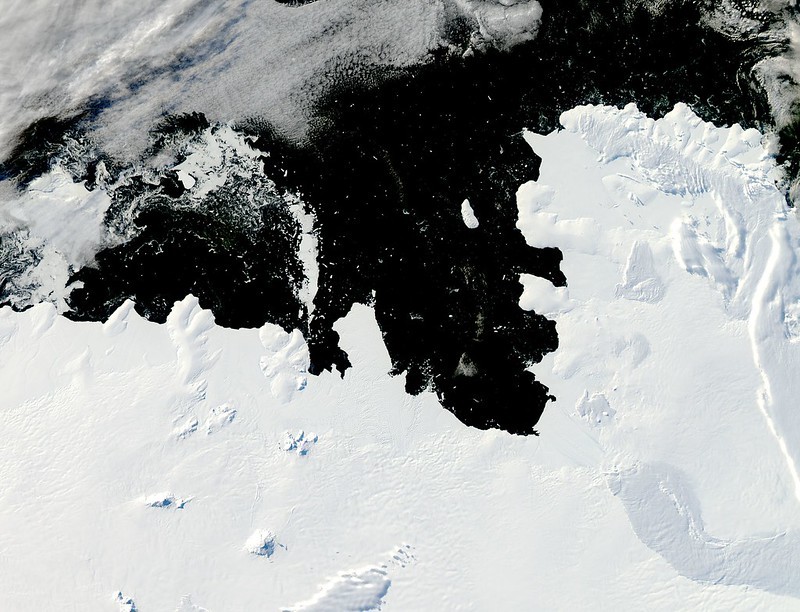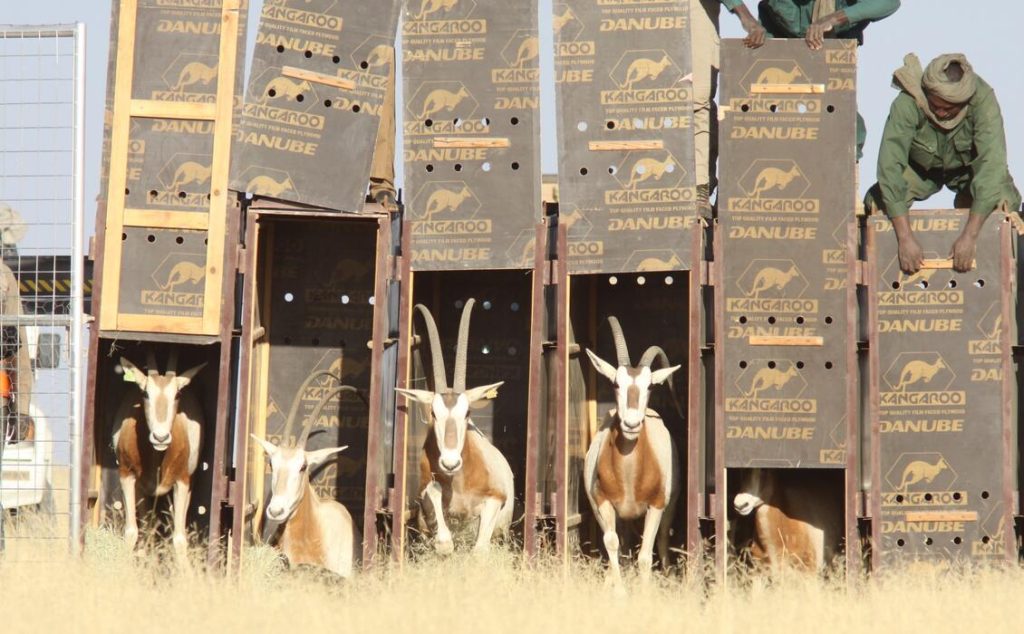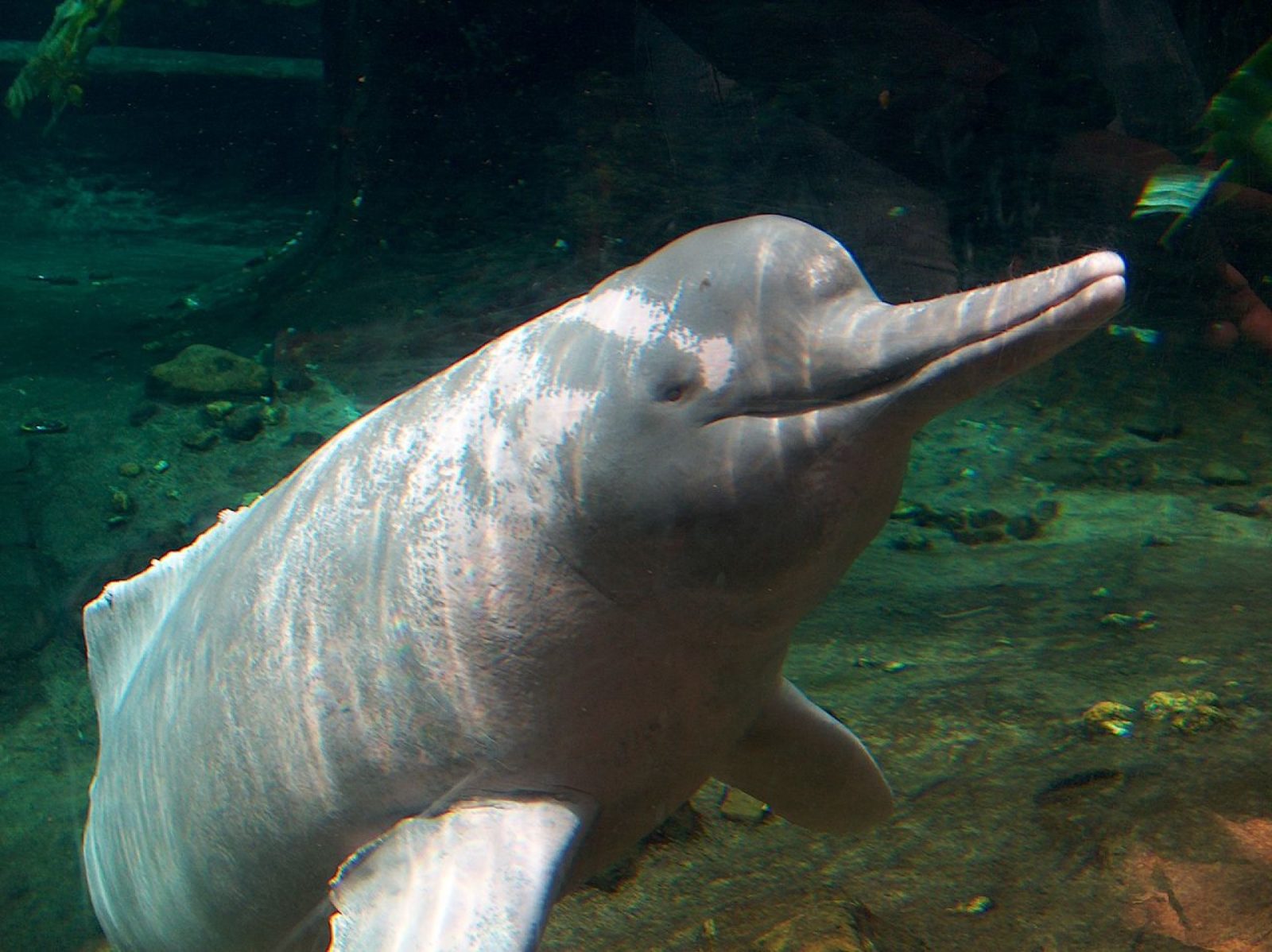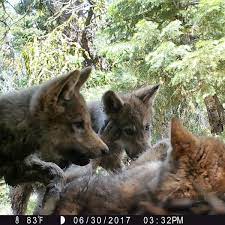
So, if the melting of this ice sheet is now unaviodable what would its impacts be? Well this ice sheet has enough volume of water, to raise global water levels by 5m. While this might not sound like much, there are 16 countries around the world who would loose more than 10% of their area, and the country at the top – the Netherlands, would loose roughly 55% of its landmass. It is estimated that by 2030 5.4% of the worlds population or 460 million people will live in this zone that will cease to exist.
Unfortunately, there is little positive to write, as the author suggests that this is now inevitable. Drastic cutting now, is all that can stop this damage at 5m raise in sea levels. Without it, what are we going to see? 100m rise in sea levels? This would require us finding space for 1/3 or the human population, on the remaining land, as their land will disappear beneath the seas.
Why is this not considered a major disaster?




